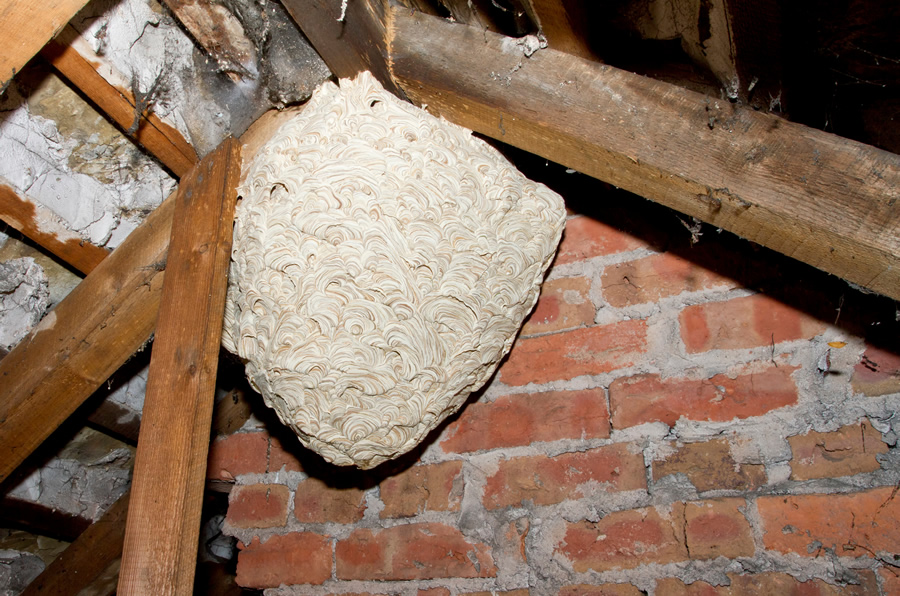Earth Friendly Tips Control Garden Pests
One of the biggest challenges for vegetable gardeners is pest control. Anyone who has tried to keep a determined deer from eating the sweet corn knows how difficult it can be to deter animals,![]() including insects, birds, rabbits and other wildlife from what, for them is a natural smorgasbord. From their perspective, there sit these wonderful veggies, all neat and weeded, almost as if you placed the plants there just for them. And so animals that we might otherwise enjoy can become a nuisance when it comes to the garden.
including insects, birds, rabbits and other wildlife from what, for them is a natural smorgasbord. From their perspective, there sit these wonderful veggies, all neat and weeded, almost as if you placed the plants there just for them. And so animals that we might otherwise enjoy can become a nuisance when it comes to the garden.
While avoiding wildlife is nearly impossible, chemical pesticides are often an effective means of deterring unwanted insects. However, many gardeners are uncomfortable using these harsh chemicals that can leak into water supplies and harm the environment. They also have concerns about using chemicals in the foods they feed their families. Here are some ideas for more organic pest control.
Crop Rotation
Practicing crop rotation every year in your vegetable garden and using Wasp nest removal
companion plants will improve your soil and keep the pests under control. Most insects need time to become established in the soil. They may take two to three seasons to get their life cycle established. By practicing vegetable rotation and varying the type of plants grown in a particular area from year to year, you can avoid establishing plant specific types of garden pests.
Companion Planting
Certain varieties of garden plants are less attractive to pests. To deter rabbits, plant green onions amongst the lettuce plants. Plant several radish seeds in each hill of cucumber seeds to protect against the cucumber beetle. And when planted near each other, cucumbers will prevent raccoons from eating all the sweet corn, while the corn will reciprocate by preventing cucumber wilt.
Tomatoes like to be near chives, parsley, marigolds, garlic bulbs, nasturtiums, gooseberries, asparagus, and carrots. Tomatoes have a natural defense for pest control against the asparagus beetle and are also effective in keeping insects away from gooseberries. Carrots on the other hand are nearly every garden pest’s friend. To control the carrot fly pest, plant onions, rosemary, or leeks nearby. Potatoes like to be planted near corn, horseradish, broccoli, cabbage and peas. Avoid planting by tomatoes, melon, and cucumbers.
Some vegetable gardeners plant pumpkins, squash, and cucumbers among the corn. The heavy growth and scratching of the vines and leaves helps keep rabbits, raccoons and other hungry critters at bay.
Tricks of the Trade
In addition to the planting methods described above, there are a number of non-pesticide options for organic pest control. Human or dog hair spread around the garden and hung from tree limbs acts as a good pest repellent, as do bars of soap hung from shepherds hooks or laid right in the soil. Deer do not like the smell of rotting eggs, so a mixture of 9 eggs with 2.5 gallons of water sprayed on ½ acre of crop will deter deer from entering the area, but the solution is diluted enough to avoid annoying humans.
Deer tend to be nervous and wary animals and can be scared off by annoying wind activated garden fixtures, plastic foil tape, scarecrows and whirligigs. Those that make noise, such squeaking, fluttering, or tinkling, work best. You may have to move these items around and rotate selection to keep the deer from getting use to them. Dogs are also a good source to keep watch over the garden and help scare off unwanted wildlife diners.
